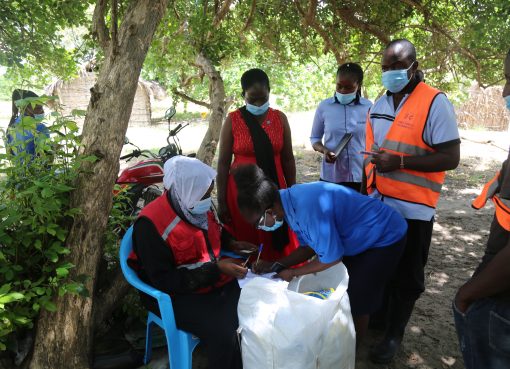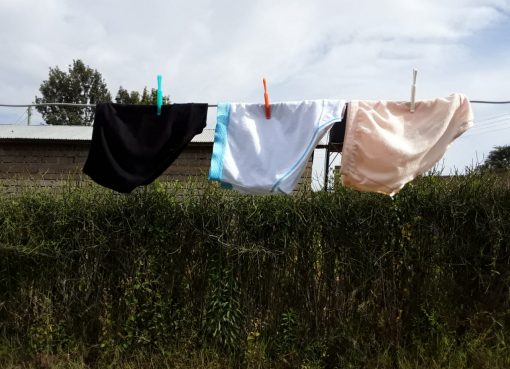Maize farmers in Ololulunga area, Narok south sub county have been advised to practice crop rotation to evade incurring losses following an occurrence of loose smut disease in the area.
Speaking when he visited the farms, the Kenya Seed Company Managing Director Mr. Fred Oloibe asked farmers to plant alternative crops like potatoes, cabbage and beans that equally do well in the area to curb the spread of the disease.
He observed that the disease can live on the surface for four to ten years and can be dispersed by wind too far off places hence the need to practice crop rotation.
His tour of the farms was triggered by a media report that the disease had been caused by poor seeds that were purchased from his company.
However, the MD who was accompanied by a team of professionals from his office observed that the disease had spread in several farms in the locality, even in farms where seeds had not been purchased from Kenya Seed, hence dismissing claims that they had sold bad seeds to farmers.
“We have visited the affected farms and other farms in the locality and realised that the problem is in the environment. The disease can only be eradicated through crop rotation,” he said.
Oloibe encouraged farmers to buy seeds from accredited dealers adding that every pack has a serial number that a farmer can send as a message to the company to confirm whether the package is accredited seeds or fake seeds.
“Our seeds are certified by Kenya Plant Health Inspectorate Service (KEPHIS) and are dressed with fungicide before being packed. Therefore, there is no way the loose smut disease could be seed borne,” he clarified.
KEPHIS Quality assurance manager Simon Kibet said the company gives zero tolerance to Smut infection when packaging, as the seeds are well dressed in fungicide.
“The farmer only bought 2,000 kilogrammes out of a batch of 40, 000 kilogrammes. We have not had any complaints from the other farmers who bought from the same batch meaning the problem is not seed but the environment,” he reiterated.
He said loose smut spreads fast during the dry season and can be carried by wind to a distance of hundreds of kilometers.
Martin Mulei, an agronomist at Kenya Seed Company encouraged farmers not to feed their livestock with the affected crops as the disease can spread through the livestock dung.
He advised farmers to observe strict crop rotation and deep ploughing of land to bury the fungal molecules deep in the soil.
The farmer Edwin Mainga had alleged that the maize seed, Hybrid-6213 he had purchased to plant on his 168-acre piece of land was not of good quality as the plants have suffered loose smut disease.
Mainga said he used a total of Sh2 million to prepare the shamba and buy seeds for planting, an activity he has been doing for the last six years, only that this year, the crop was infected by loose smut disease.
By Ann Salaton





